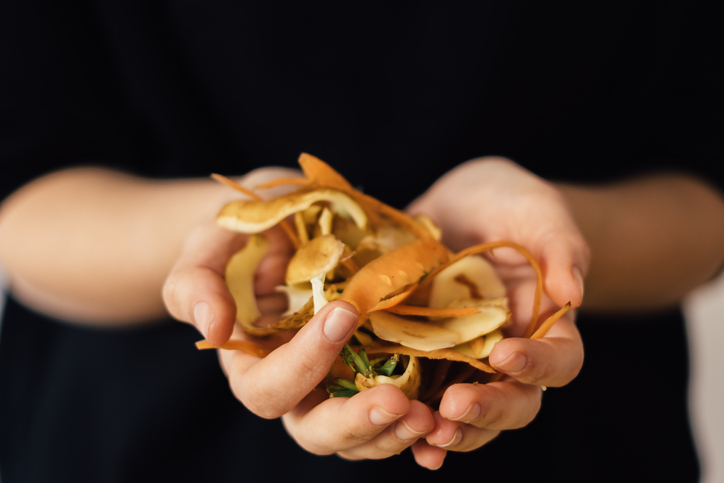Specialty Food Association and Upcycled Food Association went live on Instagram, Monday, to discuss the importance of being environmentally-conscious. They spoke with members of both associations, including leaders from Daily Crunch Snacks, Spare Food Co., and Rind Snacks, about how their companies divert waste from landfills by upcycling foods.
Joy Nemerson with Upcycled Food Association explained what upcycling means to the association.
“This is when you take something that may have gone to waste and you reimagine it into something new,” she said. “One of the most popular examples is spent grain: when you make beer, you ferment grain—once it’s done, you have grain left over that’s full of fiber and nutrients. A lot of our companies will take that grain, dry it, and turn it into a nutritious flour.”
The statistics regarding how much food is wasted in the U.S. is harrowing. Nemerson shared that one-third of domestic produce is wasted.
Laurel Orley is co-founder and CEO of Daily Crunch, a sprouted nut and trail mix brand that she began with her aunt. She related that makers can take small steps and that 100 percent of a maker's ingredients dont have to be upcycled to make a change. “We source dried cherries and blueberries for our Cherry Berry flavor… and we started with our cherries being upcycled, and we’re in talks to get our blueberries upcycled (too).” Orley advocates for keeping upcycling in mind when conducting business practices without hyper-fixating on it.
“I want to create a better world for my children, and it starts with us,” she said.
Founder of Spare Foods Co., Adam Kaye, former chef, shared how driving value into overlooked byproducts is at the heart of his company. He leverages his experience as a chef to research and repurpose ingredients. The company’s flagship product, “Spare Tonic,” includes whey that results as a byproduct of yogurt production.
"We look at how we capture [underused ingredients] at scale and use culinary innovation to put it back into the food system,” said Kaye.
Matt Weiss, founder of Rind Snacks, spoke about how these decisions can have an impact not only on the environment but also on industry workers and leaders. By utilizing the rind of a produce item, the company can drive a profitable side stream for the ingredient from family farmers, and others in the industry that have it available as a byproduct of their processing.
In the next few years, Weiss speculated that younger generations will continue to pay close attention to the foods that they are eating, looking out for certifications like upcycled in much the same way consumers seek products that are organic, non-GMO, and more.
Watch the Instagram Live video here.
Related: Martie Expands Discount Online Grocery; Natural Grocers to Mark Earth Day With Savings

